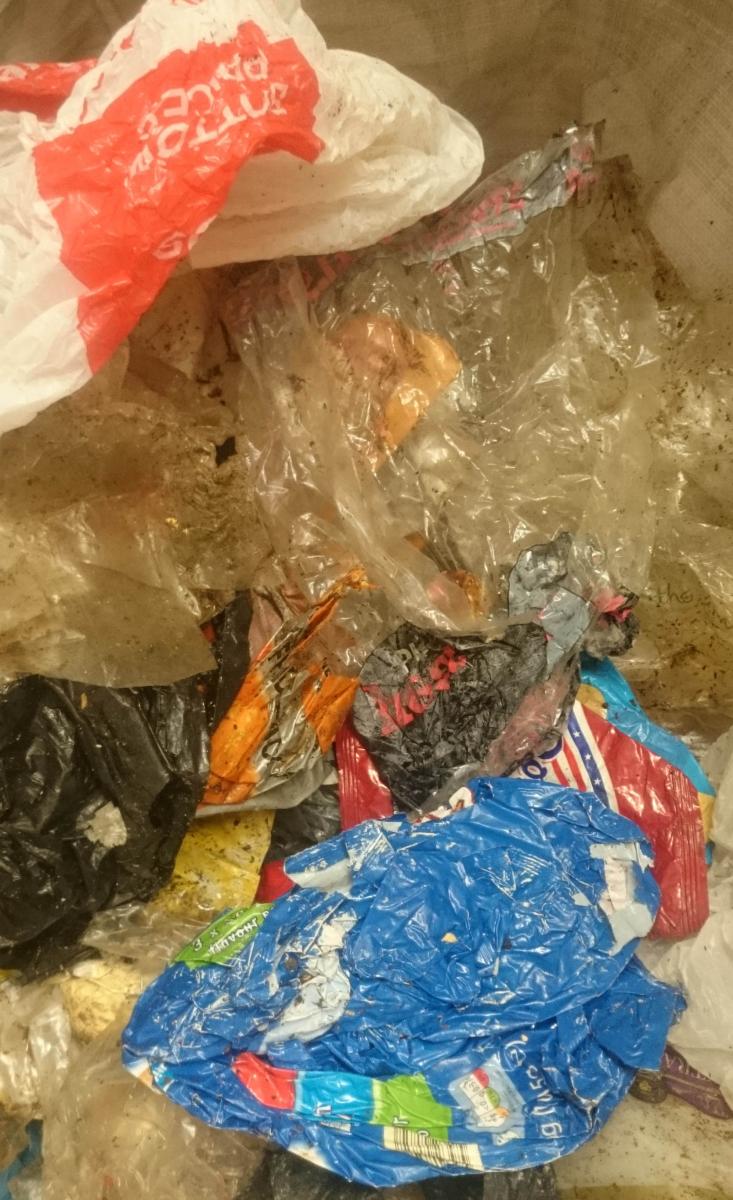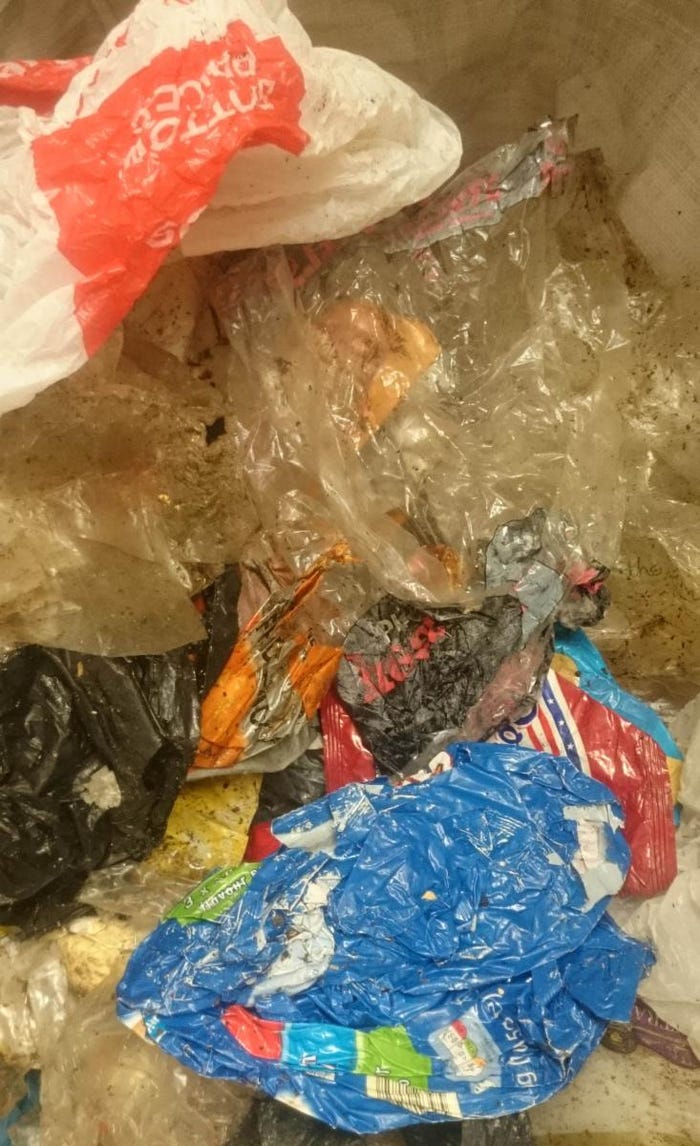Waste not, want not: Rethinking unrecyclability
A leading UK plastic recycler has warned that labelling some plastic waste products as ‘unrecyclable’ could mean losing the opportunities to recover these raw materials in the future. Axion Polymers’ (Cheshire, United Kingdom) Director Keith Freegard suggests that while some plastic might be considered ‘unrecyclable’ today, given the rate of progress in resource recovery technology and knowledge gained over the last decade, it may not be tomorrow.
December 4, 2015

A leading UK plastic recycler has warned that labelling some plastic waste products as ‘unrecyclable’ could mean losing the opportunities to recover these raw materials in the future.
Axion Polymers’ (Cheshire, United Kingdom) Director Keith Freegard suggests that while some plastic might be considered ‘unrecyclable’ today, given the rate of progress in resource recovery technology and knowledge gained over the last decade, it may not be tomorrow. “I question whether we should be burning this so-called ‘unrecyclable’ waste plastic,” said Freegard. “There’s a danger that if materials which are currently not recycled, such as post-consumer multi-layer films, black trays and heavily-printed flexible packaging, find their way down the energy-from-waste route, then they get ‘locked in’ to that waste disposal system for a long time due to the industry’s long-term investment strategies and inflexible long-term waste supply contracts.”
“I question whether we should be burning this so-called ‘unrecyclable’ waste plastic,” said Freegard. “There’s a danger that if materials which are currently not recycled, such as post-consumer multi-layer films, black trays and heavily-printed flexible packaging, find their way down the energy-from-waste route, then they get ‘locked in’ to that waste disposal system for a long time due to the industry’s long-term investment strategies and inflexible long-term waste supply contracts.”
He warned that such an approach could stifle innovative redesign to create new recyclable packaging products and hold back development of new technology that allows existing plastic packaging materials to be captured, sorted and recycled.
Citing from his own experience, he described how automotive shredder residue from end-of-life vehicles being processed at Axion Polymers’ Trafford plant in Manchester used to be considered unrecyclable and sent to landfill. Today, it is turned into high-grade recycled polymers used in new products, such as vehicle components.
“Pull-through from some enlightened end-users wanting recycled products, alongside increasing landfill tax, has helped to create the drivers needed for investment in large-scale processing plant. It’s a great closed-loop success and, with support from the whole value chain, there’s no reason why this couldn’t be replicated with other so-called ‘unrecyclables’,” he said.
.
He continued: “Similar market drivers have created the need for product development initiatives such as the Reflex project, born out of a shared desire to improve the recyclability of flexible packaging across key industry stakeholders, like global consumer brands, polymer producers and film converters.”
The two-year Reflex project, funded by the UK’s innovation agency, Innovate UK, aims to create a circular economy for flexible packaging by involving the whole supply chain, from polymer production and packaging manufacture to waste management and recycling. Axion is one of the partners in the project, together with high-profile global brands Nestlé UK Ltd. (Vevey, Switzerland) and Unilever UK Central Resources Ltd. (London, United Kingdom), as well as major stakeholders across the value chain. These include the Dow Chemical Co. (Midland, MI), the converters Amcor Ltd. (Hawthorn, VIC, Australia) and Interflex Group (Wilkesboro, NC); and waste management and recycling specialists Suez (Paris, France)and Tomra Sorting Ltd. (Asker, Norway).
Materials that now go to landfill or are incinerated could be easily diverted to novel and new recovery processes where they will acquire more value and move up the waste hierarchy.
What’s needed, according to Freegard, are stronger links between political will, demand-led legislative drivers and technological developments that will encourage greater stakeholder involvement and the creation of fresh markets for ‘tomorrow’s new materials’.
“By working together, we can make intelligent design choices that deliver circular material flows and make truly sustainable products,” he adds. “In doing so, the ‘unrecyclable’ plastics will move into the ‘recyclable’ category.”
About the Author(s)
You May Also Like


